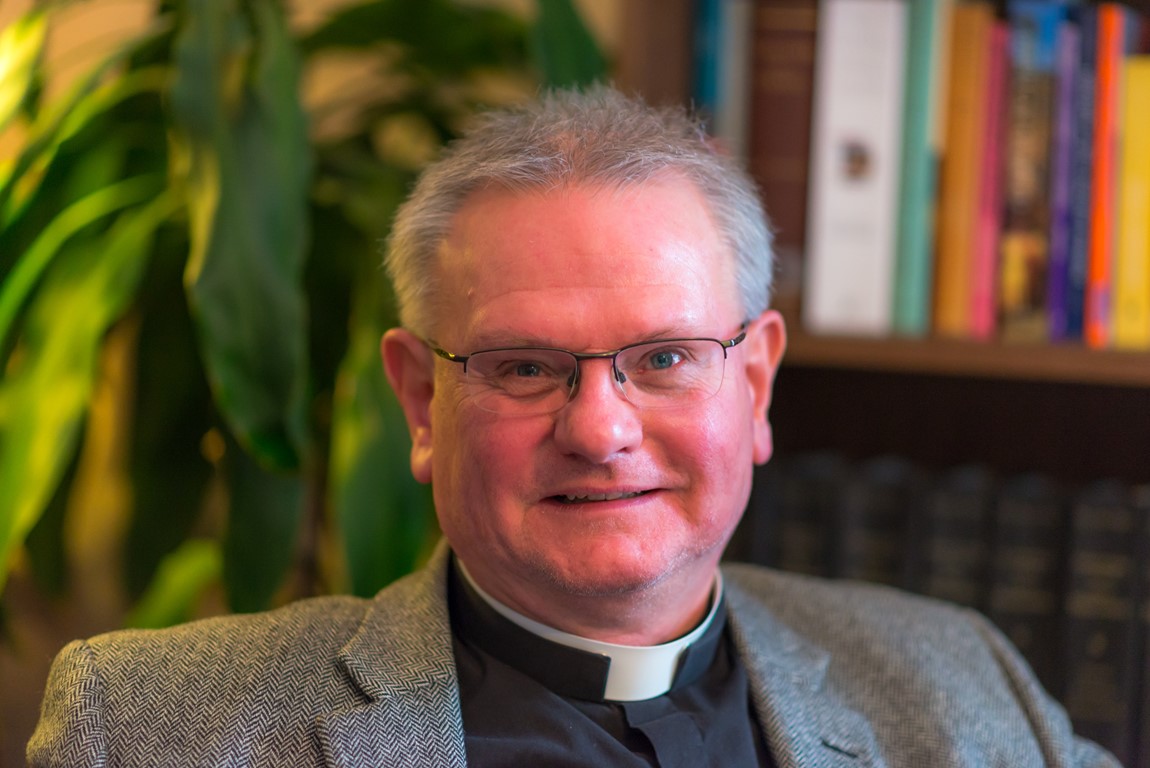Easter 2021

As lockdown in the UK begins to ease (although we should be mindful that there is a third wave of coronavirus hitting mainland Europe and the situation in other parts of the world is as serious as ever), it may be that we can begin to look forward with some semblance of hope. There is still plenty of ifs, buts and maybes circulating, but a firmer forward direction may be possible.
This brings its own creative tension. We have heard many people say in response to Covid, ‘I can’t wait to get back to normal,’ whilst others, and in some cases the same people (!), have said ‘we can’t go back to the way things were.’ Both have a real point. Covid knocked our familiar props right out of the ground, and the consequences of lockdown have had many detrimental effects, economic, social, personal and psychological. It is only natural to desire a little bit of the familiar being restored.
But the impact of Covid has had an impact on how we see ourselves in relation to the world around us, and the way we were leading our lives in an over-consumerist way, was having huge detrimental effects on the environment. We needn’t rehearse those here. Many commentators have been talking about leading responsible lives, adjusting to changing circumstances, and so on. We simply cannot pick up where we left off, and therefore not going back to that will be an important consideration for both lifestyles and policy-makers alike in the years following Covid.
This equal and opposite pulling in different directions, back to a familiar pattern, but forward to a more responsible way of life, is exactly what Easter is all about. The risen Jesus did two things essentially: he reassured the disciples that death had not overcome him, and that he was henceforward and forever alive. But he also declared that this was not a going back to an old way of life, but a new creation in which the values of the Kingdom of God would have a greater impact on the way people would henceforward relate to each other. The old dispensation would no longer do. So, there was a combination of the familiar and the new, the traditional and the radical, the same and the different.
This is the creative tension by which we should live all our lives. Yes, we do need the security and safety of being with the familiar; we all need our roots, we all need the loves of those close to us. But we also need to embrace future opportunities for new ways of seeing the world, of seeing God’s creative abundance in all its glory. Actually, these twin compulsions are not in opposition, but are complementary, achieving the fullness of relationship that is the hallmark of God’s care for and love of the whole of his creation.
Have a happy and blessed Easter.
Dean Roger.

